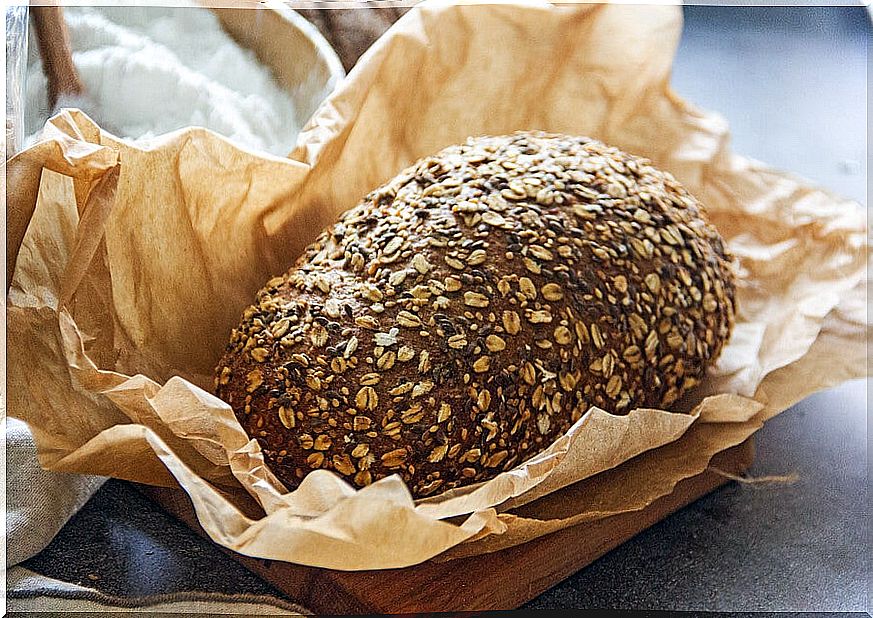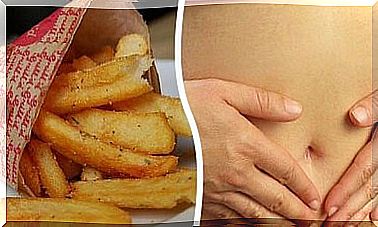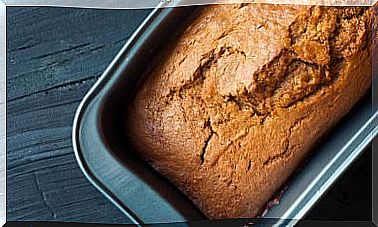6 Tricks To Reduce Carbohydrates In The Diet
To lose weight in a healthy way it is convenient to reduce the consumption of carbohydrates. However, this can become challenging, as many foods in the regular diet tend to contain them. Therefore, today we bring you some tricks that help you reduce carbohydrates in the diet.
Carbohydrate intake is a part of nutrition that has a tremendous impact on other health. Factors such as energy, weight and even blood sugar levels depend on an adequate consumption of these . They can be introduced in a controlled manner, although exaggerating their contribution can condition metabolic health in the medium and long term.
What are carbohydrates?
According to an article published in the journal Advances in Nutrition , carbohydrates are macronutrients whose main function is to provide the necessary energy to the body immediately for the resolution of daily physical tasks. They are very easy to find in everyday foods such as bread, pasta or fruit.
When you exercise vigorously, your body uses carbohydrates to function . They are the first source of energy in the diet and are considered the base of the food pyramid.
6 tricks that help you reduce carbohydrates

1. Substitute low-carbohydrate flour for wheat flour
Everyone knows that the wheat flour for baking we usually buy is high in carbohydrates. What not everyone knows is that there are low-carb flour alternatives, which are just as versatile for cooking and much healthier.
Some of the traditional wheat flour substitutes are made with coconut or walnut. It is estimated that every 100 g of walnut flour contains less than 11 carbohydrates. If it were coconut flour, we would be talking about less than 21 g of carbohydrates, so you can get an idea of how positive it can be to use this type of flour to lose weight.
2. Ask for a vegetable garnish if we eat out

Most restaurants tend to have a variety of vegetable garnish options on their menus. Depending on the dish you order, it is common for them to offer you to accompany it with bread, potatoes, pasta, rice or vegetables. Making a good decision in this regard is very important to cut carbohydrates from your diet.
- Choosing vegetables as a side dish can add fiber and almost no carbohydrates to your meal.
Remember that the consumption of fruits and vegetables can significantly affect the risk of developing pathologies in the medium term. As stated in the current scientific literature, increasing the intake of vegetables reduces mortality from cardiovascular accidents.
3. Eat eggs and other low-carb foods for breakfast
Even seemingly healthy breakfasts tend to have carbohydrates. When deciding on a low-carb breakfast, eggs are an unbeatable option; each contains less than 1 g of carbohydrates, not to mention that it represents a source of protein, capable of keeping you full for hours.
The ideal is to learn how to prepare eggs in a healthy way. Going them through a little olive oil or serving them cooked and accompanied by steamed vegetables are just some of the many ways they can be prepared.
4. Avoid drinking sugary drinks
The juices and sugary soft drinks they distribute on the market do not provide significant nutritional value and instead provide a large number of unnecessary calories.
When ingested, an anxiety reaction is generated in the body that, almost always, leads to consuming more sources of simple carbohydrates. On the other hand, its high sugar content affects metabolic functioning, and, among other things, causes:
- Increased insulin resistance.
- Tendency to develop type 2 diabetes.
- Risk of overweight and obesity.
5. Try other types of bread other than white

Bread, so common in the daily diet of so many countries, is unfortunately one of the foods with the most carbohydrates in existence. In addition, white bread is one of the worst options when it comes to eating this food due to its low fiber content and the excess carbohydrates it provides. According to a study carried out in 2011, this product is capable of rapidly increasing blood sugar levels.
The best we can do is look for healthier sources of grains other than wheat, such as certain vegetables, seeds, nuts, or healthier versions of bread such as buckwheat bread.
6. Moderate the consumption of cow’s milk
Milk is nutritious, but it contains carbohydrates in the form of lactose. It is estimated that for every 240 ml of traditional cow’s milk the body absorbs between 12 and 13 grams of sugars, so looking for substitutes for traditional milk may be advisable.
Among the substitutes for cow’s milk are coconut milk, almond or walnut. Most of these products provide no more than 2 grams of carbohydrate per serving, which represents a significant long-term reduction.
Reduce carbohydrates to improve health
Reducing carbohydrates from our diet does not have to be a dramatic and unpleasant event. The little tips we’ve given here should help make this transition easy and healthy. Finally, it is worth remembering that what we are trying here is to reduce, not eliminate carbohydrates permanently.








